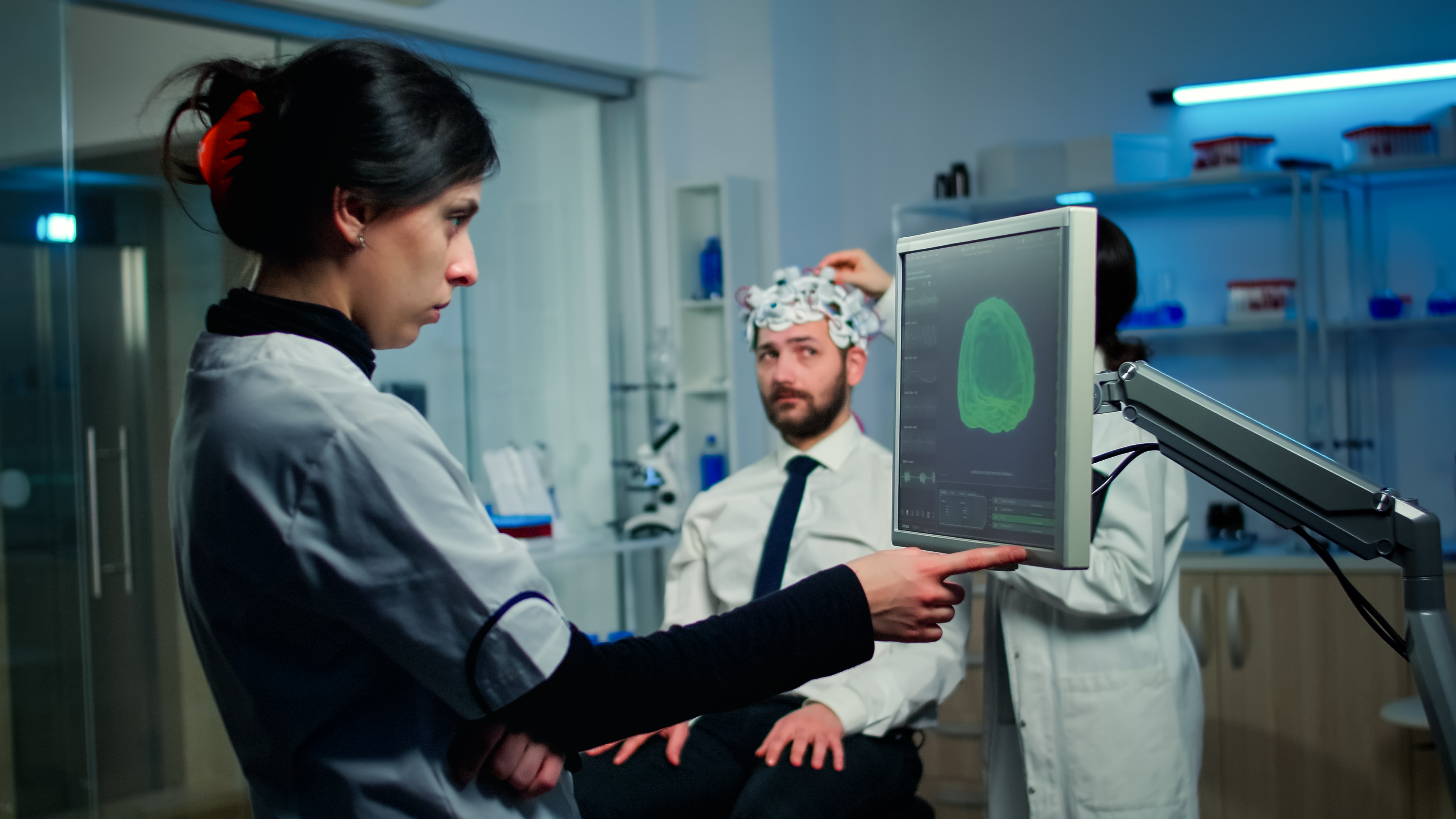Navigating the Future: How AI is Revolutionizing the Healthcare Landscape in Europe

In the midst of a technology revolution, artificial intelligence (AI) is changing the game in a number of industries, including healthcare. AI's incorporation into European healthcare systems is more than just a fad; it's a revolutionary force that might improve patient care, expedite processes, and yield better results. This blog article will examine how artificial intelligence (AI) is changing the healthcare system in Europe, emphasizing significant developments and the ramifications for both patients and medical staff.
The healthcare sector has always relied heavily on data, and the amount of data produced every day is astounding given the growth of wearable technologies and digital health records. AI's capacity to swiftly and precisely evaluate enormous volumes of data is turning out to be extremely useful. Complex information can be sorted through by machine learning algorithms, which can spot patterns that the human eye might miss. Early disease identification, individualized treatment strategies, and more precise diagnoses are made possible by this capability.
Diagnostics is one of the most important fields where AI is advancing. For instance, AI systems are being trained to perform remarkably accurate analyses of medical imaging, including CT, MRI, and X-ray scans. AI capabilities are already being used to help radiologists detect problems like cancers and fractures in nations like France and Germany. AI not only increases the productivity of medical personnel but also improves patient outcomes by increasing diagnostic accuracy and cutting down on the amount of time needed to evaluate images.
Furthermore, AI is becoming increasingly important in the research and discovery of new drugs. Conventional pharmaceutical research can be quite resource-intensive and take years. However, by forecasting how various substances would interact with biological systems, artificial intelligence (AI) can speed up this process. A number of biotech businesses in Europe are using AI to find possible medication candidates more quickly than in the past. This not only speeds up the creation of novel therapies but also lowers expenses, increasing access to healthcare.
AI is also having a significant impact on patient monitoring and engagement. Patients can now actively manage their health thanks to the development of wearable technology and telemedicine. Chatbots and virtual health assistants driven by AI are becoming useful resources for offering information and assistance in real time. From the comfort of their homes, patients may use these technologies to make appointments, get medical advice, and even keep an eye on chronic diseases. Consequently, healthcare organizations can guarantee that patients receive ongoing care while lessening the strain on facilities.
AI is not only enhancing patient care but also expediting administrative procedures at healthcare institutions. AI may automate monotonous chores, such as monitoring patient information and scheduling appointments, freeing up healthcare workers to concentrate on what they do best—providing high-quality care. AI systems, for instance, can forecast patient absences and adjust scheduling appropriately, improving resource allocation and cutting down on wait times.
But there are several difficulties in incorporating AI into healthcare. Given the delicate nature of health information, concerns about data security and privacy are critical. Protecting patient data is essential since AI systems rely significantly on data. To guarantee that AI apps adhere to data protection rules like the General Data Protection Regulation (GDPR), European regulatory organizations are creating guidelines in response.
Additionally, AI decision-making procedures must be transparent. To build trust, patients and healthcare professionals need to be aware of how AI algorithms make their decisions. To solve these issues and establish a framework that promotes safe and efficient AI applications in healthcare, continued cooperation between AI developers, medical practitioners, and regulatory agencies will be crucial as the technology advances.
Looking ahead, artificial intelligence has enormous potential to transform healthcare in Europe. We can anticipate the emergence of even more creative solutions that will improve the standard of care with sustained investment in research and development. The possibilities are boundless, ranging from AI-driven personalized medication catered to individual genetic profiles to predictive analytics that can anticipate patient decline.
In summary, artificial intelligence (AI) is more than just a tool; it is a force for transformation that is changing the face of healthcare in Europe. AI is opening the door to a more effective and efficient healthcare system by boosting patient interaction, optimizing operations, and improving diagnoses. Even though there are still obstacles to overcome, a dedication to utilizing AI's potential will surely result in a better future for everybody. All parties involved in this fascinating journey—patients, legislators, and healthcare providers—must collaborate to guarantee that the advantages of AI are realized while upholding moral principles and protecting patient rights.



